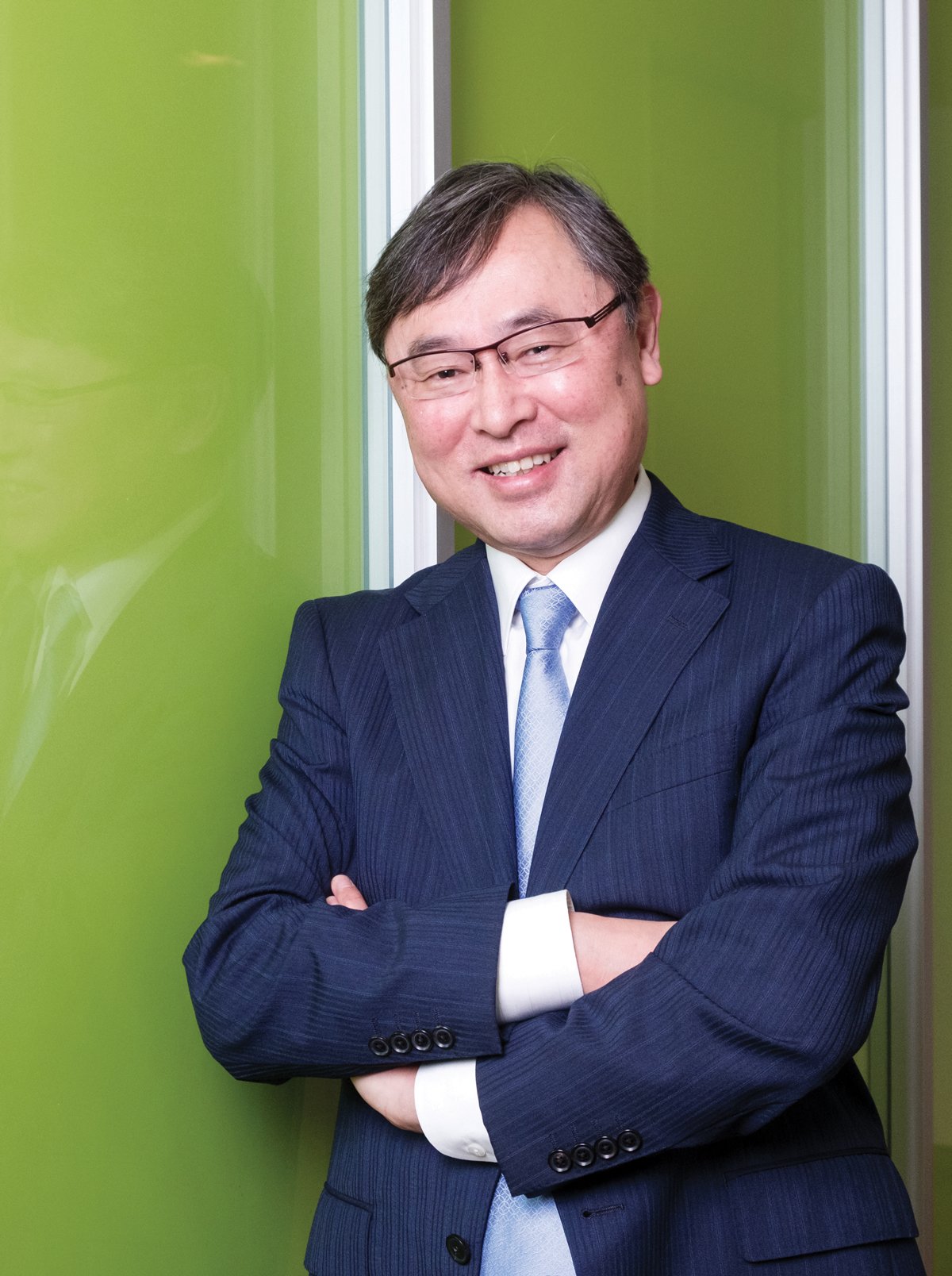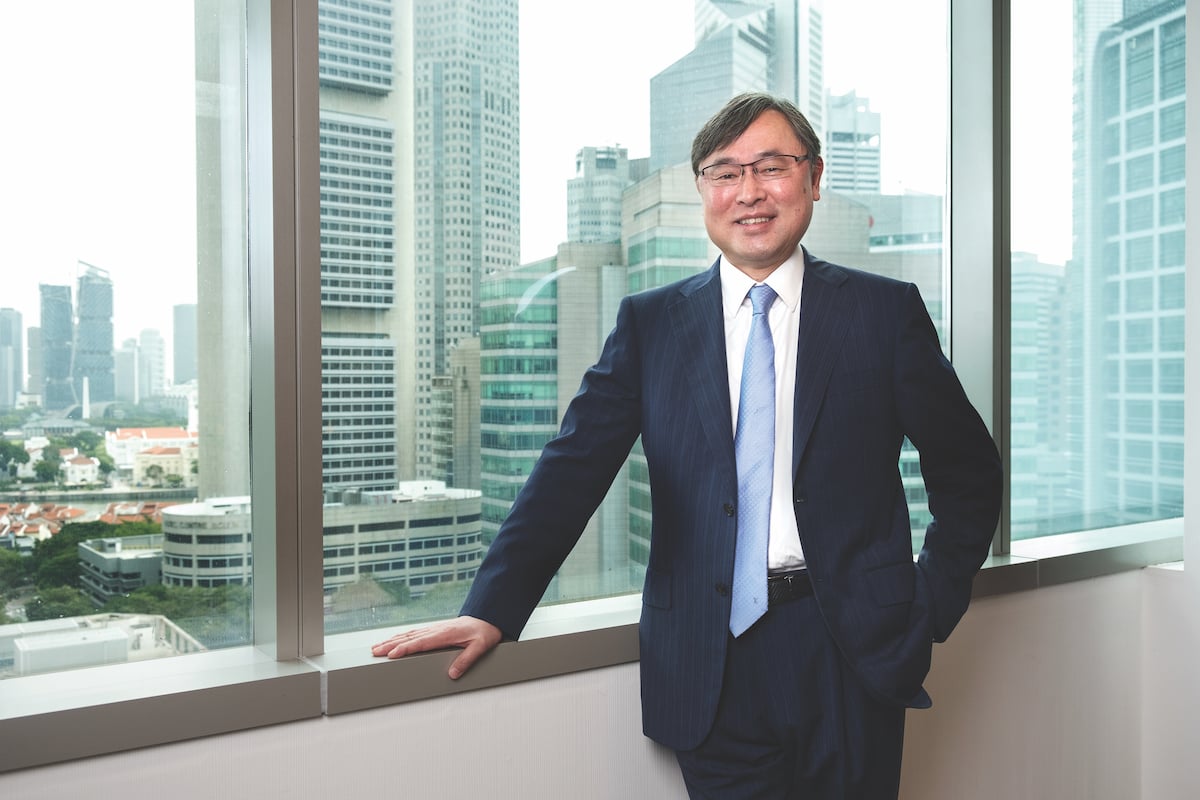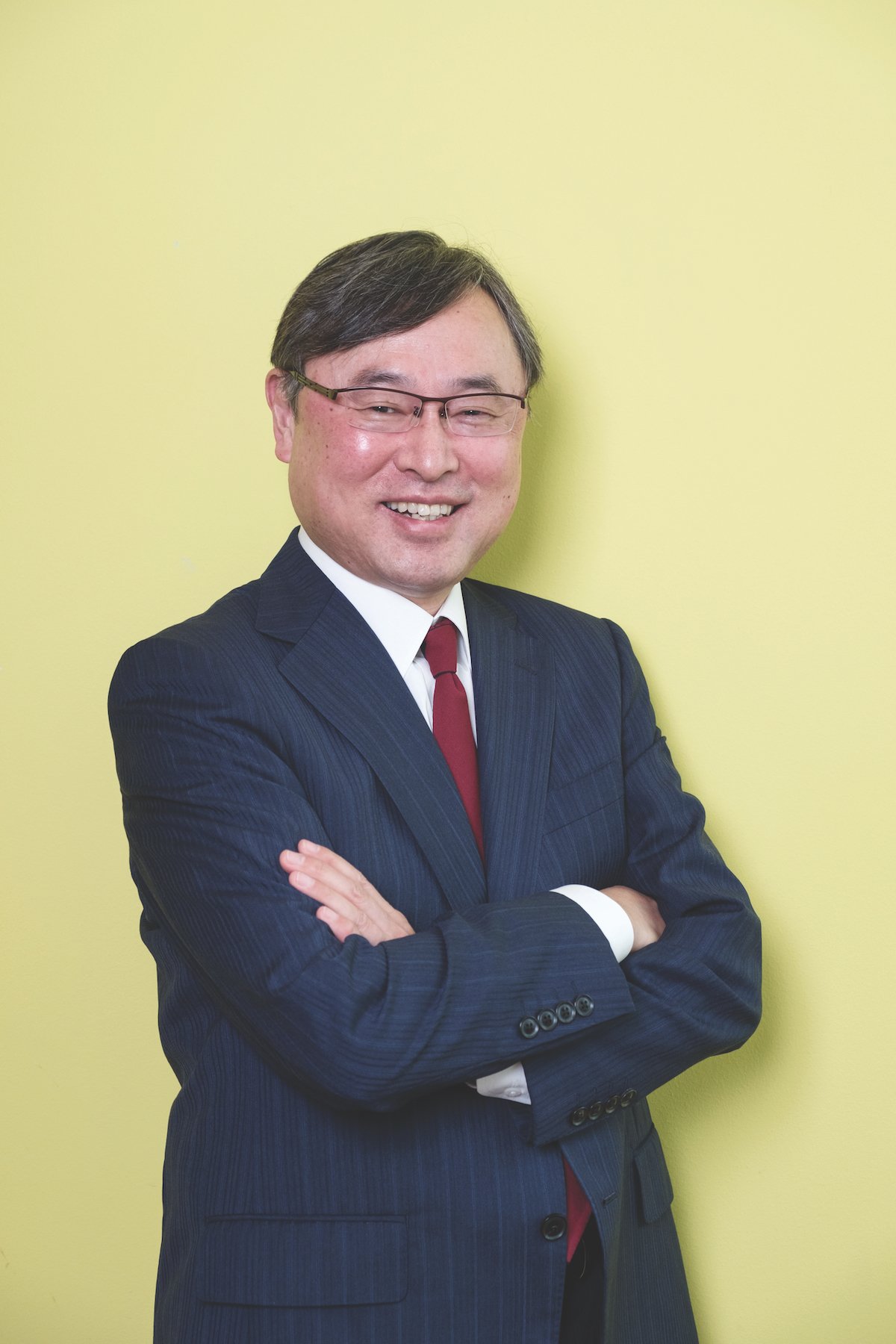Twenty years ago, the mere mention of the words ‘Japanese’ and ‘whisky’ in the same phrase would have appeared as an oxymoron to all but the most passionate swillers. After all, we’re talking about an industry that has more universally acknowledged truths than most. Bordeaux makes the world’s best red wines. Champagne the finest sparkling. And premium whisky is distilled in Scotland. But, just as 1976’s Judgement of Paris (when upstart Californian wines defeated French classics in a blind tasting) will be remembered as a watershed moment for wine, the mid noughties proved likewise for whisky. A slew of awards to brands Suntory and Nikka suddenly put Japanese whisky well and truly on the map. And the accolades haven’t stopped flowing since.
Those in the know will tell you that Japanese whisky is nothing new. A mere glance at a bottle of Suntory reveals the exact date of the first distillery in the country to be 1923. By the end of the same decade, the Suntory distillery in Kyoto was producing another first: a single malt Shirofuda (White Label), a blended whisky. Looking back, Torii Shoten, the bottle shop founded by Shinjiro Torii in 1899, had been simply the first step in what was to become a veritable liquor empire with interests in wine, beer and whisky production.
A willingness to try new things has been a hallmark of Suntory since Shinjiro first opened the doors to his store in Osaka. So much so, the Japanese words for ‘Go for it’, Yatte Minahare, have become the company catchphrase, one which is oft-repeated throughout the course of our conversation. “The direct translation may be ‘Go for it’, but I think its essence is better captured by ‘Failure is an option but fear is not’,” explains Kazuhiro Saito, CEO of Suntory Beverage and Food Asia. “It is the philosophy that we live and breathe in the company. It encourages people to be proactive and independent.” A Suntory veteran, he joined as a beer salesman in 1979 after graduating from Tokyo’s Waseda University with a law degree, and acknowledges that these 2 words have played a significant role in keeping him with the company for so long. “I have been given a lot of opportunity to play a leadership role since I started. The concept of Yatte Minahare is a significant reason why I have remained so motivated during my 38 years at Suntory.”

“Hong Kong, Singapore and Thailand are faced with an ageing population, whereas other countries in our region have a population where the average age is 30. Country by country, the consumer situation is very different, which I find fascinating.”
In 2009, Suntory became Suntory Holdings Ltd, a stockholding company, and a number of new divisions, including Suntory Beverage and Food Ltd, were created. Kazuhiro heads up the branch’s Asia–Pacific arm from its Singapore headquarters. Riding out the wave of change is nothing new for him, however. “When I first joined Suntory, we were only selling alcohol,” he recalls. The CEO at the time, Shinjiro Torii’s son Keizo Saji, found himself faced with a fairly challenging problem. “We were ranked eleventh in the Japanese domestic market and we were not making any profit.” With Yatte Minahare echoing in his ears, Keizo decided to explore opportunities in the non-alcoholic beverages and food markets. “Suntory’s established reputation in the alcohol sector meant we had been pigeonholed as a brand only for men. Keizo saw a potential for Suntory to develop associations with the entire family by introducing products which were both healthy and tasty,” Kazuhiro explains.
The course plotted by the second generation is one that the company has little wavered from since. Of course, Suntory — through group companies such as Suntory Liquors Ltd and Suntory Spirits Ltd — is still synonymous with alcohol (the 2014 acquisition of Beam Inc., worth US$16 billion, has made Suntory the world’s third-largest spirits producer). But Gravox, Saxa, Ribena and Lucozade Sport are just some of the names that Suntory Beverage and Food Asia count in its portfolio under 3 separate divisions: Beverage, Health Supplement and Food & Coffee. “Our policy is very clear. Our products should be healthy and made from natural products and, of course, taste good,” he explains. It is an area of the business that Kazuhiro is heavily experienced in. “In 1981, I was given the task of marketing Suntory’s sugar-free Oolong tea,” he says. It was a world-first. Other innovative products that he has been responsible for bringing to market in Japan include Boss Coffee, a ready-to-drink can of coffee that Hollywood star Tommy Lee Jones has been the face of since 2006.
He is keen to distance the Suntory portfolio from what he refers to as “the unhealthy beverages on the market” and highlights one way in which the company is currently achieving this. “We all know that salt and sugar consumption is higher than it should be. So, in Japan, we’ve recently launched a product called Suntory Green Dakara.” Dakara translates into English as ‘reason’ and it is a name that has been chosen deliberately.

“It is a mineral-replenishing drink made from the juices and extracts of more than a dozen natural ingredients, so is therefore healthy for you.” Such additions to its product range reflect Japan’s growing Food for Specified Health Uses (FOSHU) category. Products bearing the FOSHU seal have been officially recognised by the Ministry of Health, Labour and Welfare as promoting good health.
With operations in10 geographically and culturally diverse countries — China (including Hong Kong), Taiwan, the Philippines, Australia, New Zealand, Vietnam, Thailand, Malaysia, Singapore and Indonesia, his comment that “the Asia–Pacific market is fascinating” is an understatement. “Hong Kong, Singapore and Thailand are faced with an ageing population, whereas other countries in our region have a population where the average age is 30. Country by country, the consumer situation is very different, which I find fascinating,” he says.
He also acknowledges that age means different things in different countries and uses a personal example to illustrate it. “I’m 60 years old, which in Japan is still considered young!” he laughs. “So, of course, we tailor our product offering accordingly. The products that we offer in Japan for that age bracket will be completely different from a country where 60 is considered to be an older age. We need something which will focus on alleviating fatigue and allow the consumer to be more active and energetic.” For the other markets where 60 is held in a more senior regard, “a balance of minerals and vitamins is much more important in the product,” he explains.
A different strategy is in place for younger generations. “We all know that in Asia there is a lot of competition surrounding school and university. Students need to study hard, so our approach here involves offering products which help with memory, eyesight, those types of things.” Here one of the company’s most beloved acquisitions, Ribena, gets a mention (the company purchased both Ribena and Lucozade for US$2.1 billion from GlaxoSmithKline in 2013), along with BRAND’S® Essence of Chicken health supplement as 2 products used to target the younger generation and students.
While, as with anyone holding the CEO position, his focus is on making profits and getting that back to the stakeholders, there is a definite push within the company to give back to society. “ ‘Growing for Good’ is the Suntory Group’s vision of a successful business, which also promotes fruitful development of culture as well as a global sustainable environment.
Every division is allowed to develop ways in which that can contribute to sustainable growth,” he says. Along with innovations surrounding the PET bottle — Kazuhiro thinks today’s 500-ml PET bottle is around a third of the weight that it was when he first started out in the industry — Suntory Beverage and Food Asia is focused on minimising water usage on the factory floor and filtering it for re-use where possible.
Community initiatives are another core focus. Now in its 14th year, Suntory Mizuiku is an educational program run for elementary school students in Japan, with the backing of numerous government ministries. “It is designed to educate local children on the importance of clean water sources,” he explains. “We have similar activities across the region designed to deliver similar messages.”
Indonesia and Vietnam are identified as 2 exciting, emerging markets for the company. Kazuhiro hopes to capture the younger generation, and believes Suntory has the right product range to keep their consumers across the different stages of life. “Remember that time when we needed to study hard, sometimes late into the night, and then be up for class or work the next morning? We’ve all been there and we know how caffeine helps wake you up. Then we move into the workforce and the stress that accompanies that. Sometimes you may turn to alcohol to unwind at the end of the day, other times exercise. The market may be complex, but across our 3 divisions I believe we have the right product to target each specific segment of consumers.”



